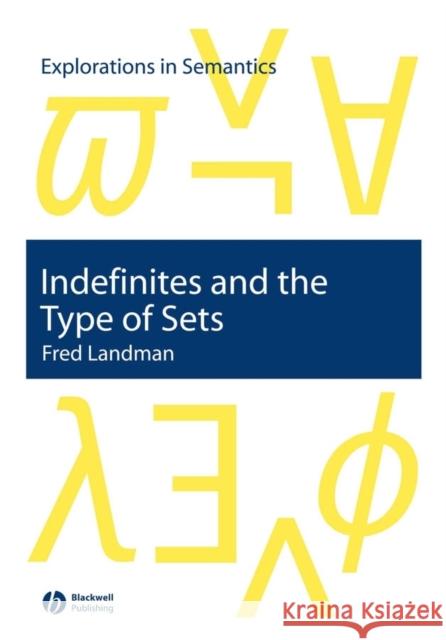Indefinites Type of Sets » książka
topmenu
Indefinites Type of Sets
ISBN-13: 9781405116305 / Angielski / Twarda / 2004 / 304 str.
Indefinites and the Type of Sets explores a new theory of indefinite noun phrase interpretation and definiteness effects.
- Provides an introduction to aspects of the semantics of noun phrases, as well as comparing alternate theories.
- Explores a new theory of indefinite noun phrase interpretation and definiteness effects.
- Written accessibly by one of the world's most prominent formal semanticists.
- Useful for students and scholars in formal semantics as well as the neighboring fields of syntax, pragmatics, and the philosophy of language.











